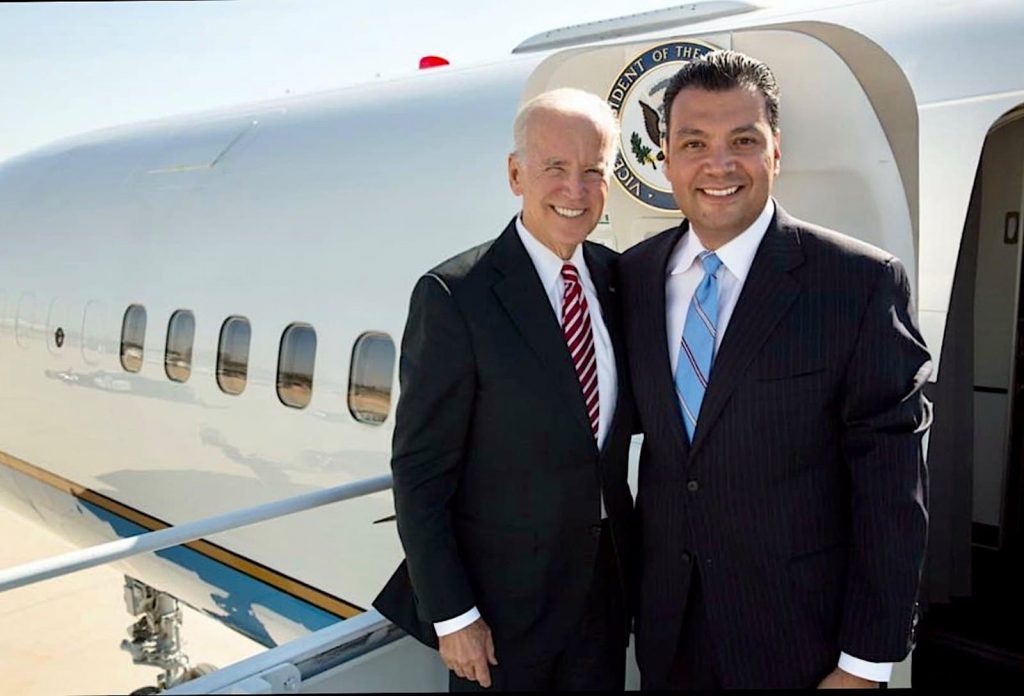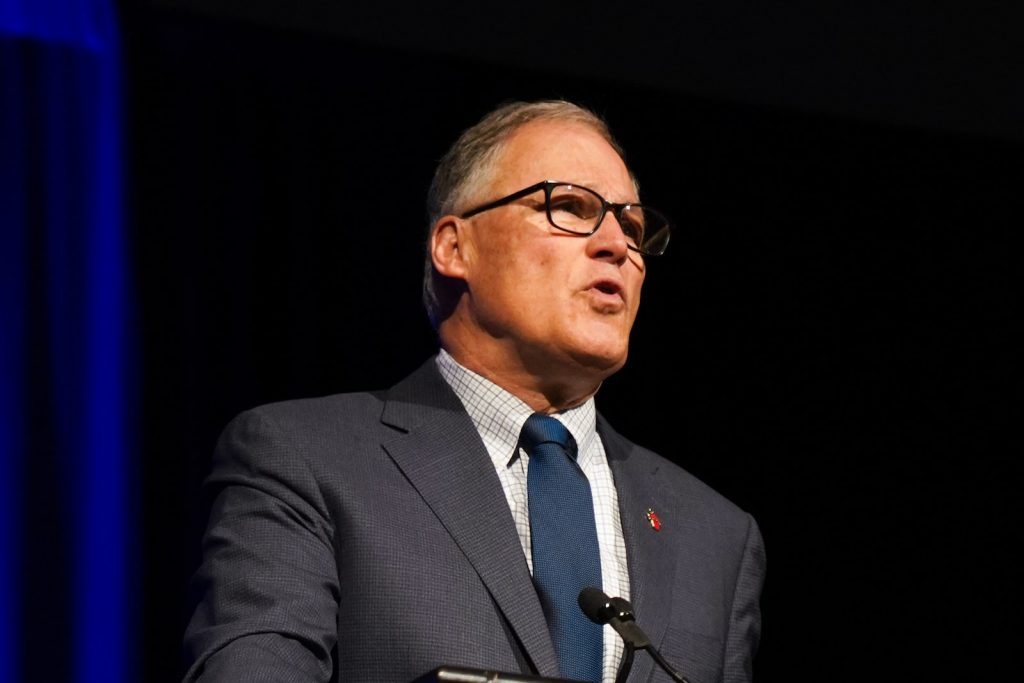
The Biden administration is pushing automakers to support a voluntary pledge that would have 40% of new vehicle sales by 2030 be electric.
The commitment, which was reported by Reuters, comes as the industry is waiting on the anticipated announcement of revised vehicle emissions mandates — read: tougher — through 2026 from the White House next week.
Biden’s being pressured by some Democrats and environmentalists to institute a ban on the sale of new vehicles with gas- or diesel-powered engines sometime in the next 10 to 20 years. Thus far, he’s resisted that push, which would mirror actions taken by several other countries, including China, Great Britain, Canada, Japan, Norway and others.
In fact, California and Washington already have bans in place beginning in 2030.
The “pledge” still has some fuzzy numbers and requirements attached to it, Reuters reported. It’s not clear if the number will be 40% or 50% of vehicles sold. Also its uncertain if the requirement is for battery-electric vehicles or electrified vehicles, i.e. hybrids and plug-in hybrids, meeting the definition of zero-emission vehicles.

Getting union approval
The president’s been a clear supporter of unions, and specifically the UAW, which has offered tepid support of the shift by automakers to electric vehicles. The union’s specifically against EV mandates because they fear job losses — EVs use fewer parts, reducing the number of workers needed to assemble them.
Some reports suggested the UAW were supporting the pledge by automakers, but Brian Rothenberg, UAW spokesman, put that notion to rest, telling Reuters the union has not agreed to 40% EVs by 2030.
“The UAW is still in discussions and has not reached agreement at this point,” he added. However, a slew of automakers, including all of the U.S.-based companies, are instituting substantial EV development and production programs.

Is it really that big of a pledge?
Many automakers already have plans in place to shift to completely electrified line-ups by 2040, if not sooner. General Motors, Ford and Stellantis are among the companies with timelines in place to make the switch away from vehicles powered by internal combustion engines, but they’re glidepath has them hitting the mark in 2035 not 2030.
Could they be at 40% by the 2030 “deadline?” Perhaps.
Stellantis and Ford have previously said they expect to hit those targets while GM is non-committal on the date. However, given its $35 billion investment in plants to build new EVs as well as the batteries to power them, the Detroit-based auto company appears to be tracking for that 40% by 2030 deadline.
Foreign automakers are already pushing on those numbers, especially European companies due to the European Union’s carbon emissions mandates. There’s been a litany of announcements from companies affirming their commitment to EVs, including Mercedes-Benz, BMW, Volvo Cars, Volkswagen and others.








Understandably, the current WH occupant doesn’t understand that OEMs can only offer cars for sale, it’s up to the consumers to decide how to spend their money. Why doesn’t Biden convert his limo to an EV and see how he likes 300 mile range and 2+ hour recharge. While they’re at it, switch Air Force One to a Piper Cub to reduce the carbon footprint (by 1000X maybe).
What’s good for the goose …